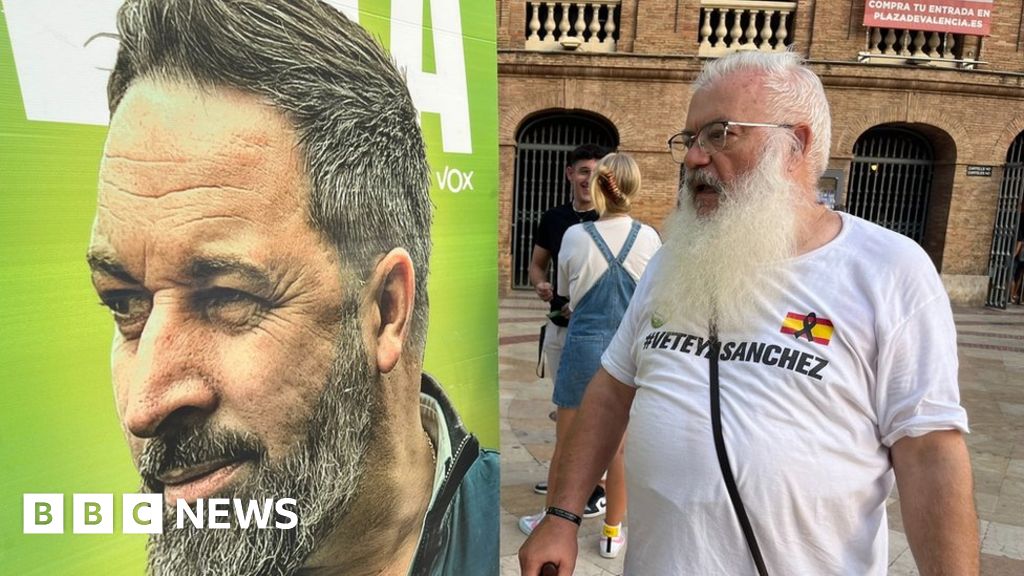- cross-posted to:
- [email protected]
- cross-posted to:
- [email protected]
The most likely government to emerge - most analysts predict - will be a coalition including a hard-right nationalist party for the first time in Spain since the death of fascist dictator Francisco Franco in 1975.
More left-leaning Spaniards are frantically texting contacts, urging them to make sure to vote - despite the heat and it being holiday time for many - to “stop the fascists” in their tracks.The rhetoric this election season has been toxic, with voters becoming increasingly polarised.
It’s a fight over values, traditions and about what being Spanish should mean in 2023.
This kind of heated identity debate isn’t peculiar to Spain. Think of Italy, France, Brazil or the post-Trumpian debate in the US.
At EU HQ in Brussels, there are huge concerns about a resurgence of hard-right nationalist parties across Europe.



There will always be people who fall for these traps. Of course they are individually to blame for being duped however just blaming them doesn’t solve anything. The solution is to try to reduce how many do by providing great education (formally and culturally), minimising the ability for fascists to find platforms to spread their messaging and offering real solutions to the problems that those people have so they don’t feel they need to latch onto anyone offering to do so for them.
As such, anyone who should be expected to understand this and who is in a position to achieve those goals. Is to blame for the inevitable consequences of not doing so (ie, neo-liberal political entities.)